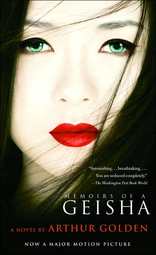 Click for Source Image
Click for Source Image Here is part two of the One Hit Wonders series, where we will be looking at authors who are most well known for one piece of written work, or have only produced one renowned novel.
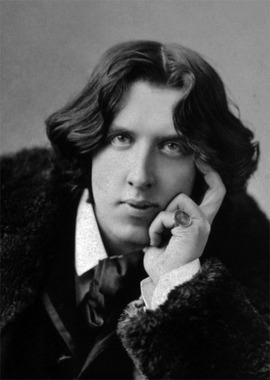 Click for Source Image
Click for Source Image Oscar Wilde was quite a prolific and well-educated writer of his time. He was the author of a number of plays which turned him into one of London's most popular playwrights in the early 1890s. But today he’s remembered for his single novel – The Picture of Dorian Gray (1890). The day the novel was published was marked with immediate sharp and disapproving criticism. The book was censored for such a long time that The Picture of Dorian Gray: An Annotated, Uncensored Edition was published only in 2011.
Wilde incorporated such themes as decadence, duplicity, and hedonism into the novel. But what was really new and unacceptable for the British audience of that time was the homosexual allusions Wilde used within his work. The Picture of Dorian Gray offended the moral sensibilities of British book reviewers, some of whom said that Oscar Wilde merited prosecution for violating the laws guarding the public morality. In response, Wilde aggressively defended his novel and art in correspondence with the British press. One of his answers was – “If a work of art is rich and vital and complete, those who have artistic instincts will see its beauty and those to whom ethics appeal more strongly will see its moral lesson”. And that is absolutely true. Art-loving readers can enjoy the philosophical conversations about art, beauty and aesthetics and the author’s poetic style of writing. And those who look for a moral message will learn them together with Dorian.
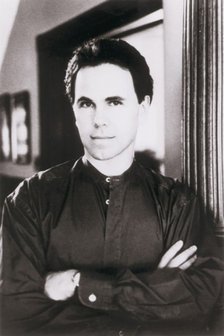 Click for Source Image
Click for Source Image Arthur Golden has gained his fame due to his world-known book about the life of one of the most enigmatic women – geishas. Memoirs of a Geisha was published in 1997 and spent two years on the New York Times bestseller list. It has sold more than four million copies in English and has been translated into thirty-two languages around the world. But the book’s release couldn’t avoid a scandal. And the scandal concerned the information disclosed in the novel and the author’s sources of the information.
Golden spent more than 6 years writing the novel. He interviewed a number of geishas, including Mineko Iwasaki, the most famous Japanese geisha, for the background information. According to Mineko, she had a deal with Golden that he wouldn’t mention her name as his source of information because geishas ought to silence their traditions and their way of living. But Golden did. He not only mentioned her in his sources and interviews but also perverted some of the facts. That situation caused a lot of problems for Mineko: some of her geisha-friends broke their friendship with her and others threatened her for breaking the Silence law.
But the scandal didn’t keep down the audience’s curiosity and interest and the book was a bestseller in a number of countries for a long time. Memoirs of a Geisha was even made into a feature film and got 3 Academy Awards.
In case you’re interested in the book and feel hungry for further geisha stories, especially from the geisha’s lips, you can always read Mineko Iwasaki’s Geisha of Gion which was published in 2002 and also became a worldwide bestseller.
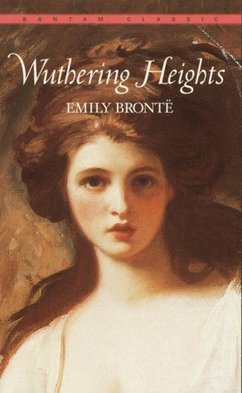 Click for Source Image
Click for Source Image Emily Jane Brontë managed to create one of the greatest books of all the times during her very short life at the epoch when women were not regarded as even slightly equal to men and their only role was to be quiet and provide men with everything necessary. Her novel Wuthering Heights has been agitating the minds and hearts of the readers all over the world since the day of its publication in 1847.
Although Wuthering Heights is now widely regarded as a remarkable example of English classic literature, it received mixed reviews when first published, and was considered controversial. The novel challenged strict Victorian ideals of the day, including religious hypocrisy, morality, social classes and gender inequality. Moreover, Brontё depicted mental and physical cruelty, violence and passion so vividly that the Victorian audience condemned it for the portrayal of amoral love.
All the viewers, both negative and positive, agreed in one point: the book was too strange. The atmosphere of the story was really unusual and unexpected for that time. Even today it may confuse and frighten you so much that you will agree with the English poet and painter Dante Gabriel Rossetti referring to it as "A fiend of a book – an incredible monster ... The action is laid in hell, – only it seems places and people have English names there." Brontё showed no compassion neither for the characters nor for the readers. In Wuthering Heights the reader is shocked, disgusted, almost sickened by the details of the main characters’ cruelty and inhumanity.
But though the book is tough you can’t resist the temptation to follow the characters through all the dark passages of human souls depicted by the author. Emily Brontё, a small and fragile woman, demonstrated a great literary power over the minds of her readers.
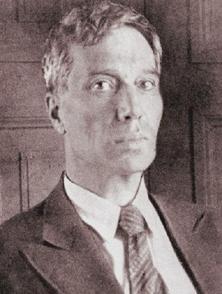 Click for Source Image
Click for Source Image Boris Pasternak, a Russian poet, novelist and a literary translator, is best known all over the world for his great novel Doctor Zhivago. The great work was begun in 1910 and completed only in 1958. Pasternak drew a vivid picture of the Russian intellectuals’ life raising the issues of the corrupted and misdirected revolution, Russian history, Christianity and Jewry.
Since Doctor Zhivago expressed Pasternak’s negative point of view on Stalin’s regime, the Revolution of 1917, the Great Purge and the Gulag, the novel was forbidden in the USSR. When Pasternak got it published in the West and was awarded the Nobel Prize for Literature the author had to refuse it. Otherwise, the Soviet authorities wouldn’t have allowed him to return to the Soviet Union. But the book was so well accepted in Europe and the USA that the US Central Intelligence Agency provided support for its further publication in Russian. The Agency saw a great propaganda value in the novel exposing the effect of the Soviet system on the life of intelligent citizens.
The long fight for the right to be published and acknowledged in his native country ended for Pasternak long after his death when in 1989 his son, Yevgeniy Pasternak, was at last permitted to travel to Stockholm to collect his father’s Nobel Medal.



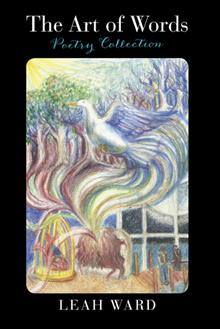
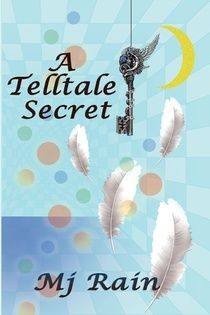
 RSS Feed
RSS Feed
